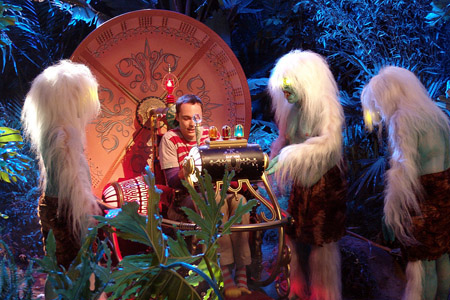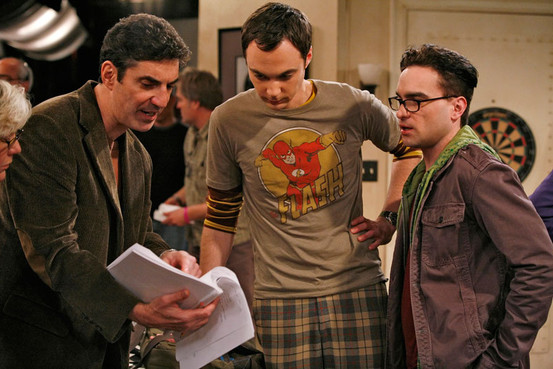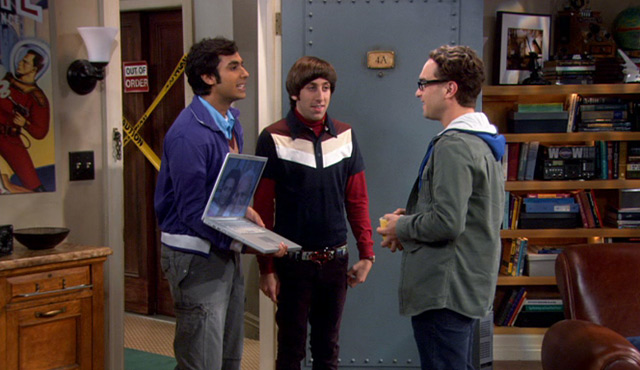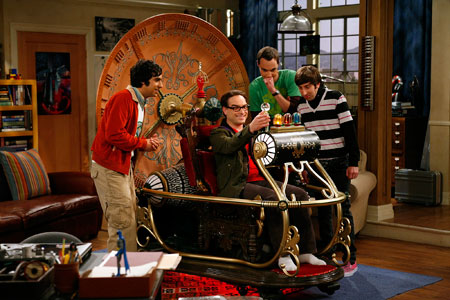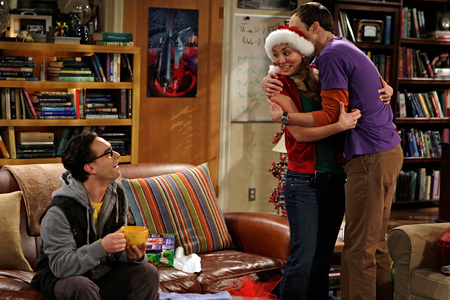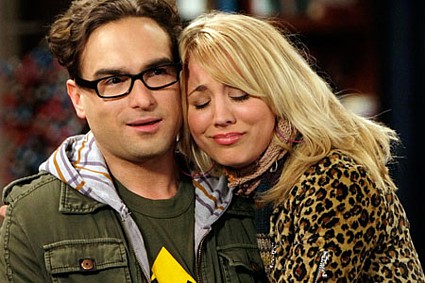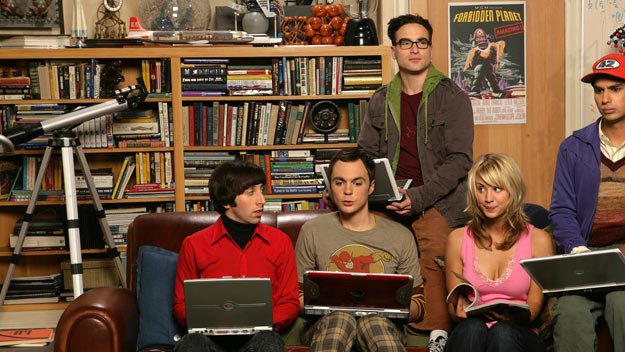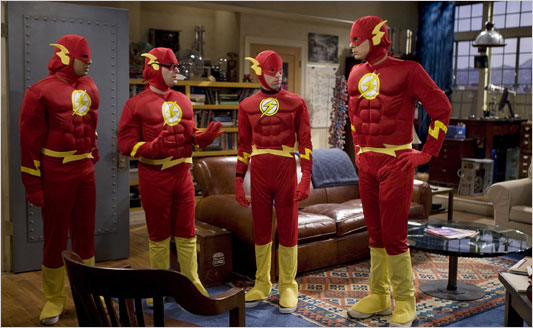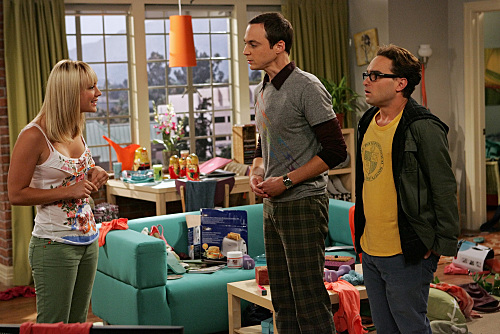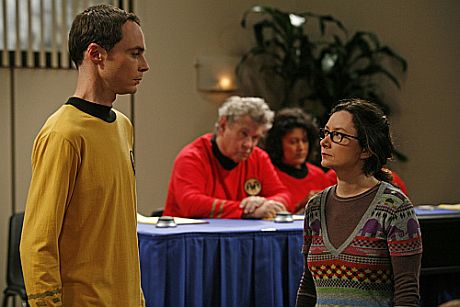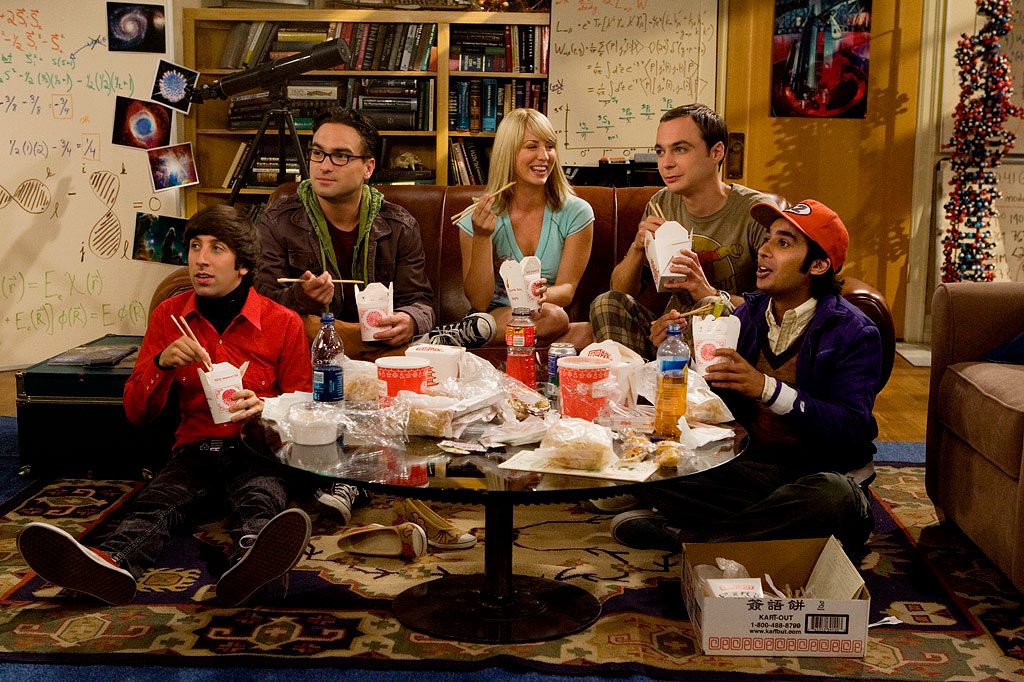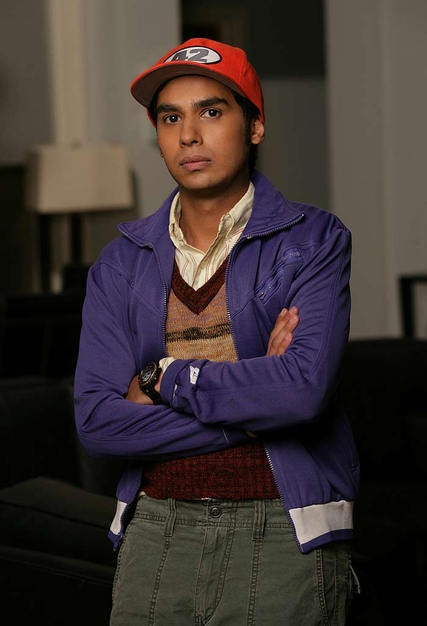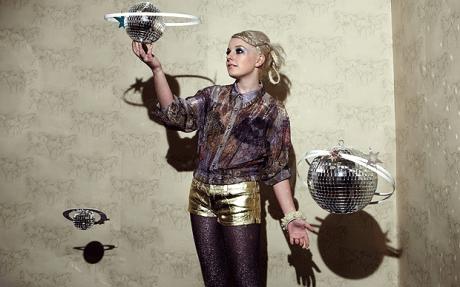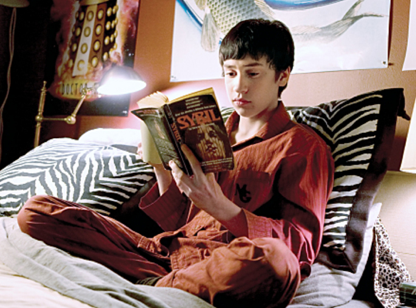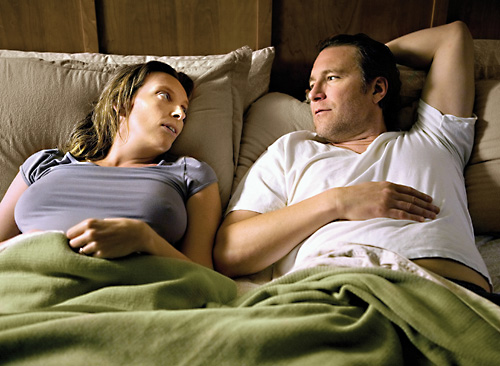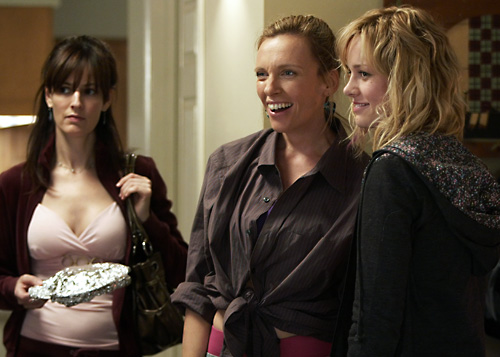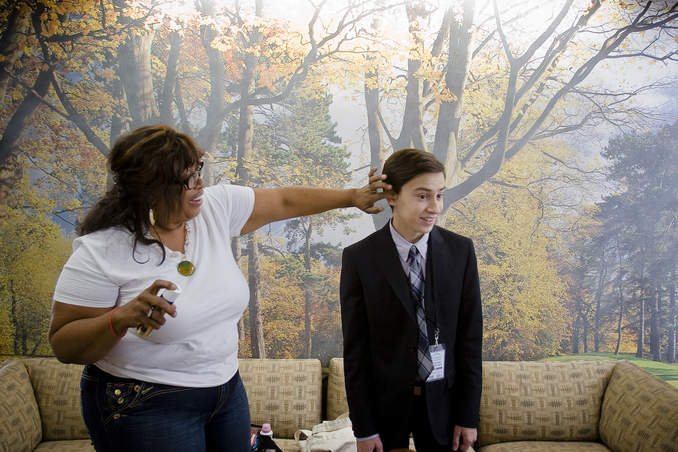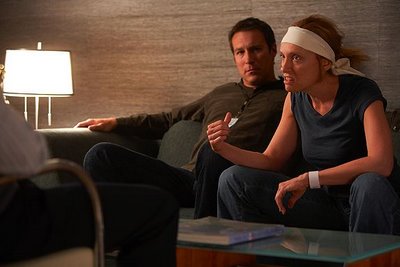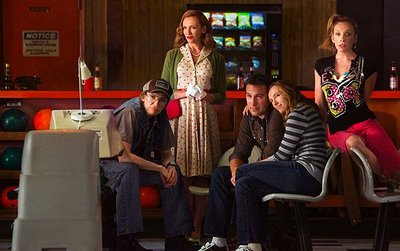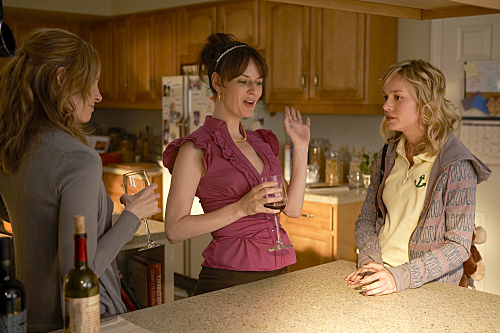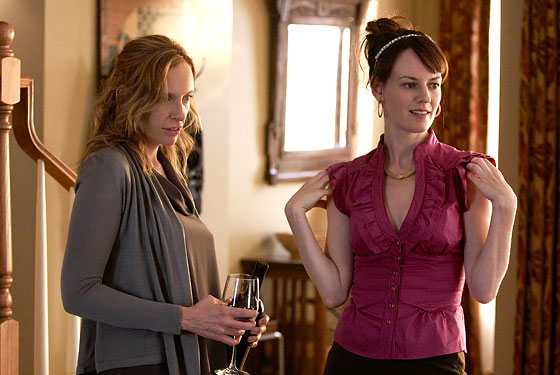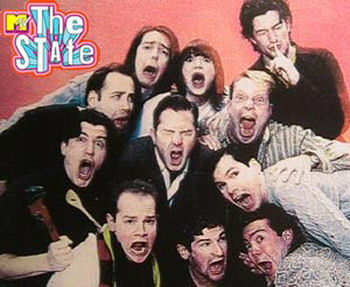 TV
TV In Which Print Is Dead And So Is Patrick Jane
 Tuesday, June 9, 2009 at 3:31PM
Tuesday, June 9, 2009 at 3:31PM 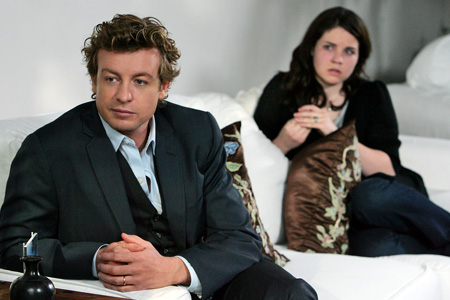
Rogue Intuitionist
by ELEANOR MORROW
For a long time I have felt that Patrick Jane has that Regina Spektor song on his iPod, the one about God coming down to earth and causing a serial killer to kill his wife and child.

Back then Jane was nothing more than a TV psychic who pissed off the wrong serial killer. It takes a very specific kind of person to piss off a serial killer. In fact here at This Recording we go out of our way to acede to the wishes of serial killers, especially Charles Manson, who is incredibly still alive as of this writing.
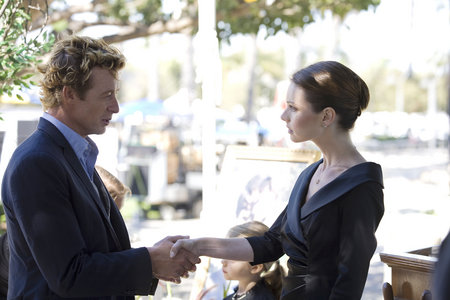
In the incredible season finale of this first season of The Mentalist, our favorite intuitionist got set up by the serial killer known as Red John, the same guy who punk'd his wife and daughter. At one point I was gripping the sofa so hard I almost broke a blood vessel. "Revenge is for fools and cowards," Jane once told a hot little mother-daughter combo after he solved their husband-father's murder (it was some dude pretending to be Special Olympics, spoiler alert stolen from Primal Fear).
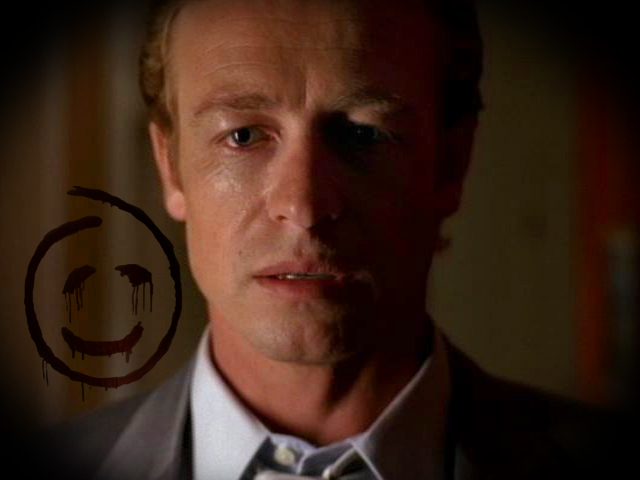
Jane loves mouthing off to people, especially women. He sees men as the weaker sex, more transparent. After he talks to them and he believes they are innocent, he lets them go. All men are lost, Patrick Jane believes, because he is lost.
In a show that is essentially a procedural, Rome creator Bruno Heller has built in plenty of moments never before seen on television. Jane thinks of himself as a motive, his desire to avenge his family's deaths is his only reason to live. After Red John killed his family, he had a nervous breakdown and then started solving crimes. It's also how I've dealt with most of the challenges in my life.
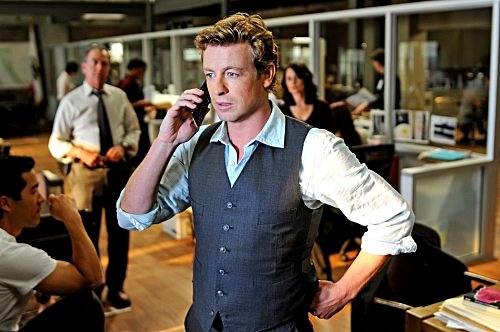
We haven't seen much of Jane's wife. He had a little bb, and we can understand the general love of father for daughter, but not the love of a handsome Californian for his wife. What exactly he lost can only be inferred from the way he treats women on the show, a fascinating case study in alpha male behavior.
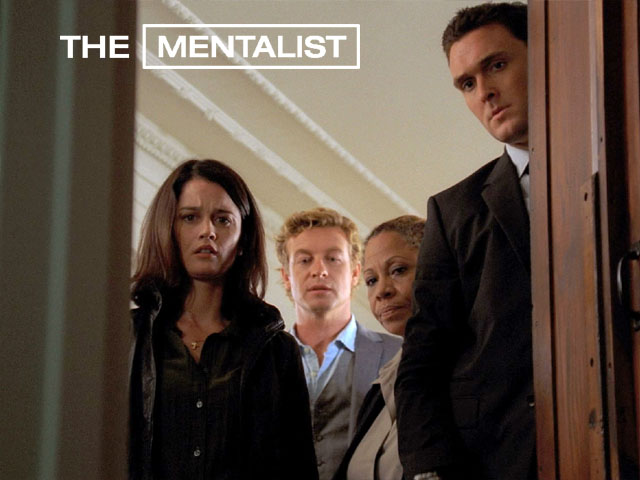
The show did a whole episode in which a pick-up artist was a prime suspect for the murder of a wealthy socialite. Of course it is Jane who is the real pick-up artist: at one almost got with a widow at her husband's funeral. He comes on as strong rhetorically as he does with men, but one word summarizes his treatment of women on the whole: forgiveness.
He takes mercy on all the show's women. He is always making allowances, for their gruffness, for their sexuality, for their life choices. It is how he pretends to understand them.
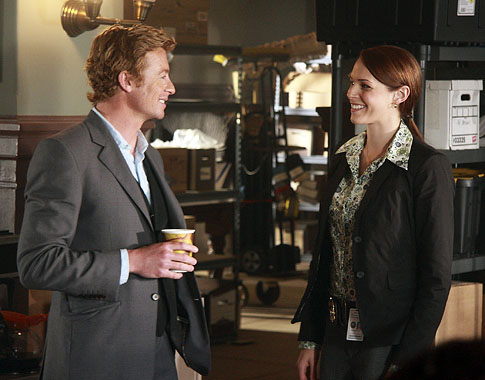
The women of The Mentalist are stereotyped into two major categories. First are vulnerable women, which Jane is usually hard on, because he's teaching them to be as tough as he is. This is of course a kind of mercy.
Then there's women he sees as equals. Often this kind of person is deceptive in some way, so he is appreciating them purely as a way to bring our the truth in their behavior. There are no strong women in the show's incidental characters. There are no strong people. Strength is merely a front for a greater weakness.
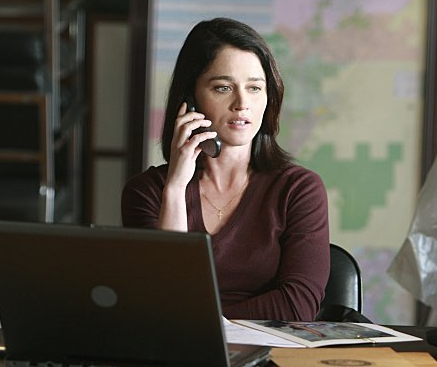
These is even true of the show's two primary female characters, Detective Teresa Lisbon and Detective Amanda Van Pelt. Lisbon is played by Robin Tunney, who has evolved into a strangely beautiful muppet-like creature with a weird body. She is the managing director of the California Bureau of Investigation, and as such she has little in the way of time for petty shenanigans like dating or friends.
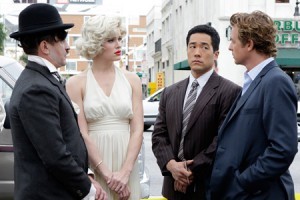
Detective Van Pelt doesn't exactly have time for dating, either, except the one dude she was fairly fond of turned out to be a serial killer. Come on! Her Ross-Rachel like experiment with fellow detective Rigsby has only one probable conclusion -- she will hook up with Patrick Jane and ruin the whole thing. After all, he knows her better than she knows herself.

Are there any strong women on any show...on CBS...in history?
Eleanor Morrow is the senior contributor to This Recording. She tumbls here.
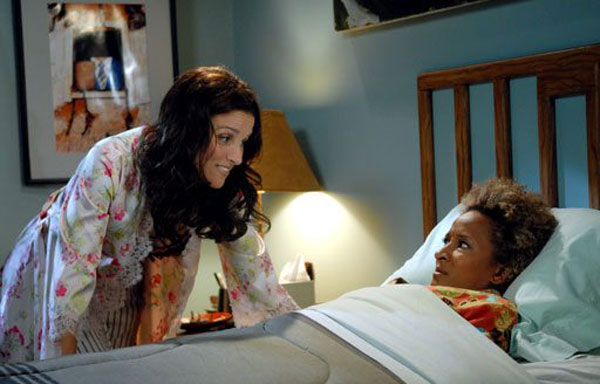
"Killing the Ghost" - Matthew Ryan (mp3)
"Jane I Still Feel The Same" - Matthew Ryan (mp3)
"They Were Wrong" - Matthew Ryan (mp3)
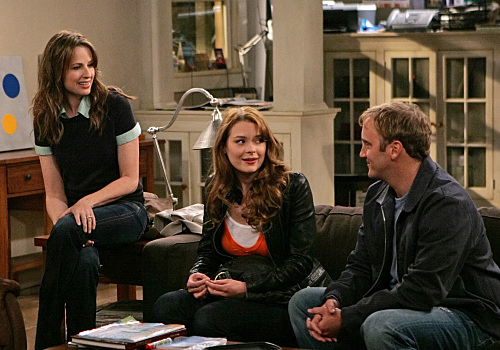
 cbs,
cbs,  eleanor morrow,
eleanor morrow,  simon baker,
simon baker,  the mentalist
the mentalist 





























